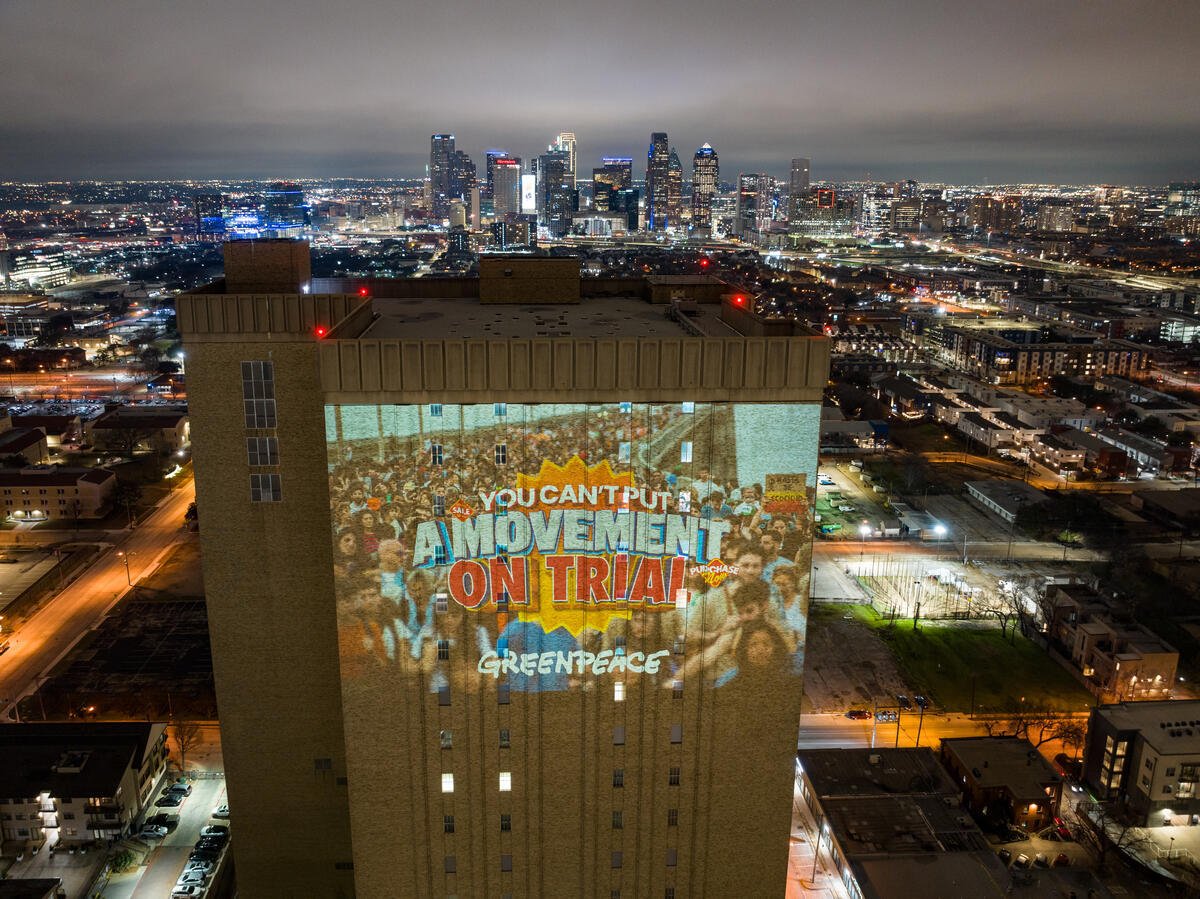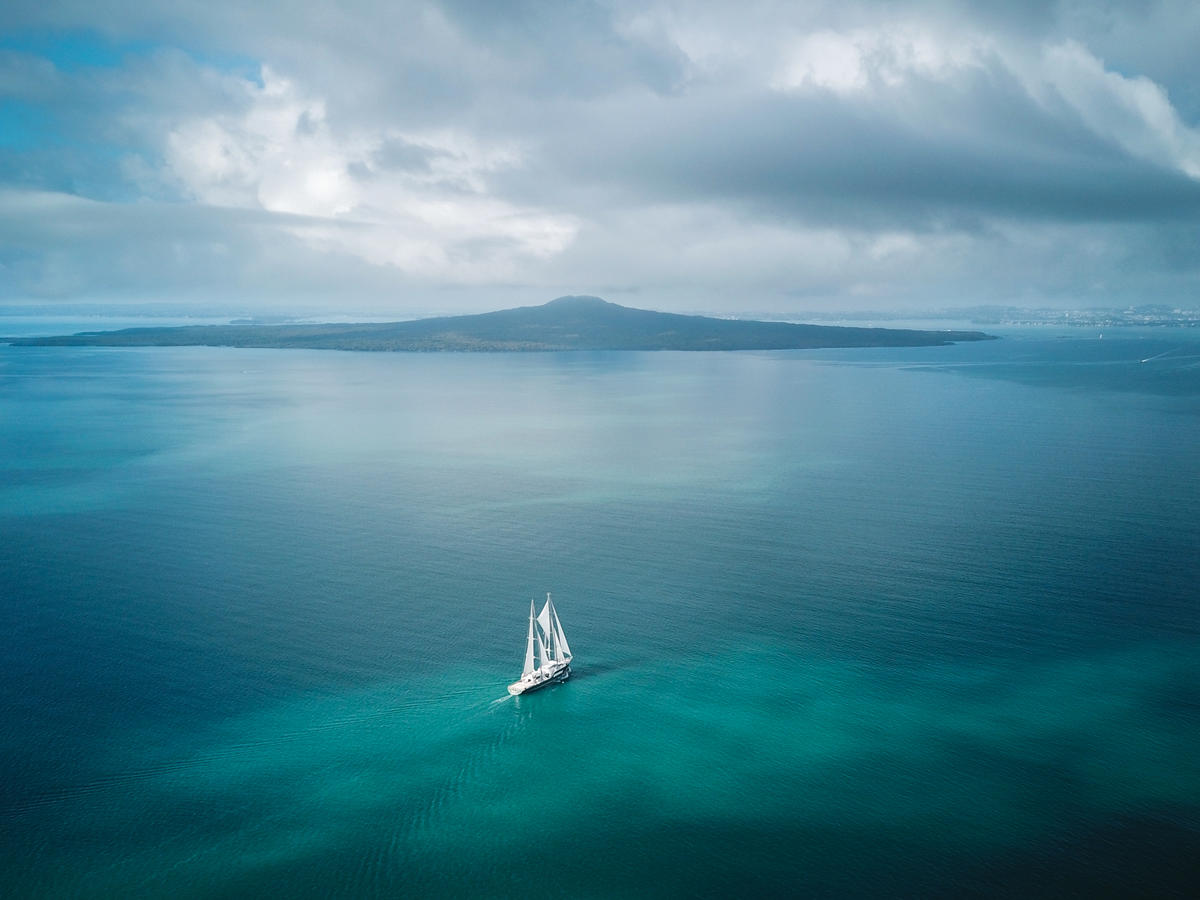Greenpeace trial has become a focal point in discussions about environmental activism and the legal challenges faced by organizations advocating for ecological preservation. The trials often highlight the complexities between lawful protests and the pursuit of justice for environmental causes. As debates continue to evolve, understanding the nuances of these trials is essential for anyone interested in the intersection of law and environmental activism.
Greenpeace, one of the world's most prominent environmental organizations, frequently finds itself at the center of legal disputes due to its bold tactics in defending nature. These trials are not merely courtroom battles but symbolize a larger struggle for environmental rights and justice. Through these trials, we gain insights into the global challenges faced by activists striving to protect our planet.
This article explores the intricacies of the Greenpeace trial, examining the organization's legal battles, the implications of these trials, and the broader impact on environmental advocacy. Whether you're a legal scholar, an environmental enthusiast, or simply curious about the intersection of law and activism, this article provides a comprehensive overview of the subject.
Read also:Uefa Nations League Schedule Your Ultimate Guide To The Exciting Tournament
Table of Contents
- Introduction to Greenpeace Trial
- The History of Greenpeace
- Legal Challenges Faced by Greenpeace
- Notable Greenpeace Trials
- Shell vs. Greenpeace
- Arctic Sunrise Case
- The Impact of Greenpeace Trials
- Public Perception
- Legal Precedents
- The Future of Environmental Activism
- Conclusion
Introduction to Greenpeace Trial
Greenpeace trials have emerged as pivotal moments in the history of environmental activism. These legal proceedings often pit the organization against powerful corporations and governments, raising questions about the balance between environmental protection and economic interests. The trials serve as a platform for discussing the legitimacy of direct action as a tool for change.
In recent years, Greenpeace has faced numerous legal challenges, ranging from trespassing charges to allegations of sabotage. These cases have sparked debates about the role of activism in shaping environmental policies and the extent to which organizations can go to protect the planet. Understanding the context and implications of these trials is crucial for anyone interested in the future of environmental advocacy.
The History of Greenpeace
Founded in 1971, Greenpeace has grown from a small grassroots movement into a global organization with a presence in over 55 countries. The organization's mission is to ensure the survival of the planet's ecosystems and promote peace. Over the decades, Greenpeace has been involved in numerous campaigns, from protesting nuclear testing to protecting marine life.
The history of Greenpeace is marked by its commitment to non-violent direct action. This approach has often led to confrontations with authorities and corporations, resulting in legal battles that have shaped the organization's reputation. By examining Greenpeace's history, we can better understand the context of its legal challenges and the significance of its trials.
Legal Challenges Faced by Greenpeace
Greenpeace faces a variety of legal challenges due to its activism. These challenges often stem from actions such as blocking ships, occupying drilling platforms, and disrupting illegal logging operations. While these actions are intended to draw attention to environmental issues, they sometimes result in legal consequences.
Read also:Ucla A Comprehensive Guide To One Of Americarsquos Premier Universities
Charges Against Greenpeace
Some of the common charges brought against Greenpeace include trespassing, obstruction of justice, and conspiracy. These charges are often accompanied by hefty fines and, in some cases, imprisonment. Despite these challenges, Greenpeace continues to pursue its mission, arguing that the urgency of environmental issues justifies their actions.
According to a report by the International Journal of Human Rights, Greenpeace's legal battles have contributed to the development of environmental law by pushing the boundaries of what is considered acceptable activism. This has led to increased scrutiny of corporate practices and greater public awareness of environmental issues.
Notable Greenpeace Trials
Several Greenpeace trials have gained international attention due to their significance in shaping environmental law. These trials not only highlight the organization's commitment to its cause but also shed light on the broader issues of corporate accountability and environmental justice.
Shell vs. Greenpeace
One of the most notable trials involved Shell and Greenpeace over the disposal of the Brent Spar oil platform. Greenpeace's campaign against Shell's decision to sink the platform in the North Sea led to widespread protests and a global boycott of Shell products. The trial resulted in Shell reversing its decision, marking a significant victory for environmental activism.
Arctic Sunrise Case
The Arctic Sunrise case involved the detention of 28 Greenpeace activists and two journalists by Russian authorities after they protested against Arctic oil drilling. The activists were charged with piracy, a charge that was later reduced to hooliganism. This trial brought global attention to the issue of Arctic drilling and the risks faced by environmental activists.
The Impact of Greenpeace Trials
The impact of Greenpeace trials extends beyond the courtroom, influencing public perception and legal precedents. These trials often serve as catalysts for change, prompting governments and corporations to reconsider their environmental policies.
Public Perception
Public perception of Greenpeace trials varies depending on cultural, political, and social contexts. While some view the organization's actions as necessary for environmental protection, others see them as disruptive and unlawful. This divergence in opinion highlights the complexity of environmental activism and the need for balanced discussions.
Legal Precedents
Greenpeace trials have set important legal precedents, influencing the development of environmental law. These cases have contributed to the recognition of environmental rights and the establishment of frameworks for addressing ecological issues. By challenging the status quo, Greenpeace has played a pivotal role in shaping the legal landscape for environmental activism.
The Role of Media in Greenpeace Trials
Media coverage of Greenpeace trials plays a crucial role in shaping public opinion and influencing legal outcomes. Journalists and news outlets often highlight the dramatic elements of these trials, drawing attention to the underlying environmental issues. This coverage can amplify the organization's message and increase public support for its causes.
However, media portrayal can also be biased, with some outlets focusing on the legal aspects rather than the environmental context. It is essential for journalists to provide balanced coverage, ensuring that the public receives a comprehensive understanding of the issues at stake.
The Future of Environmental Activism
As the world grapples with the challenges of climate change and environmental degradation, the role of organizations like Greenpeace becomes increasingly important. The future of environmental activism will likely involve more collaboration between activists, governments, and corporations to find sustainable solutions.
Technological advancements and increased public awareness will play key roles in shaping the future of activism. Greenpeace and other organizations must adapt to these changes, utilizing new tools and strategies to effectively advocate for environmental protection.
Conclusion
Greenpeace trials represent a critical juncture in the fight for environmental justice. These legal battles not only highlight the challenges faced by activists but also underscore the importance of protecting our planet. By examining the history, impact, and future of Greenpeace trials, we gain valuable insights into the complexities of environmental activism.
We invite you to engage in the conversation by leaving a comment or sharing this article with others. Your support can make a difference in promoting awareness and understanding of the issues at stake. Together, we can contribute to a more sustainable future for generations to come.


